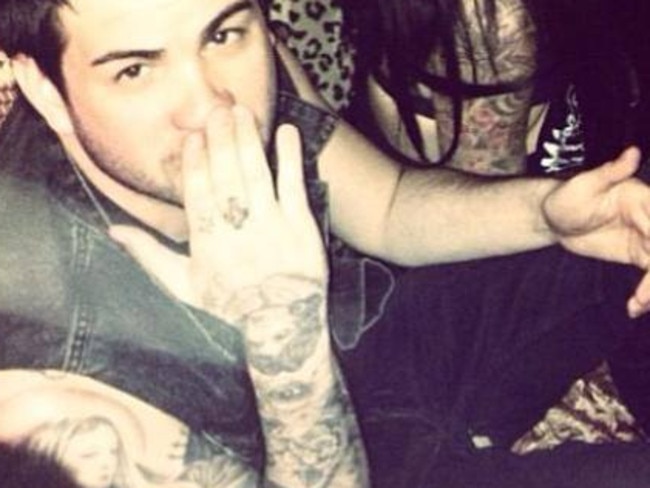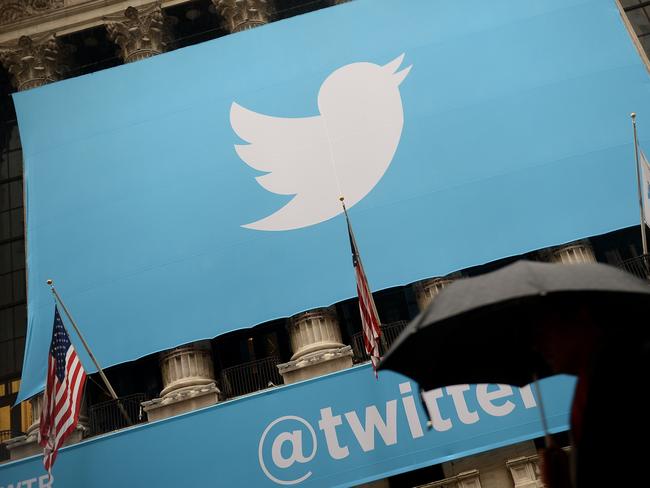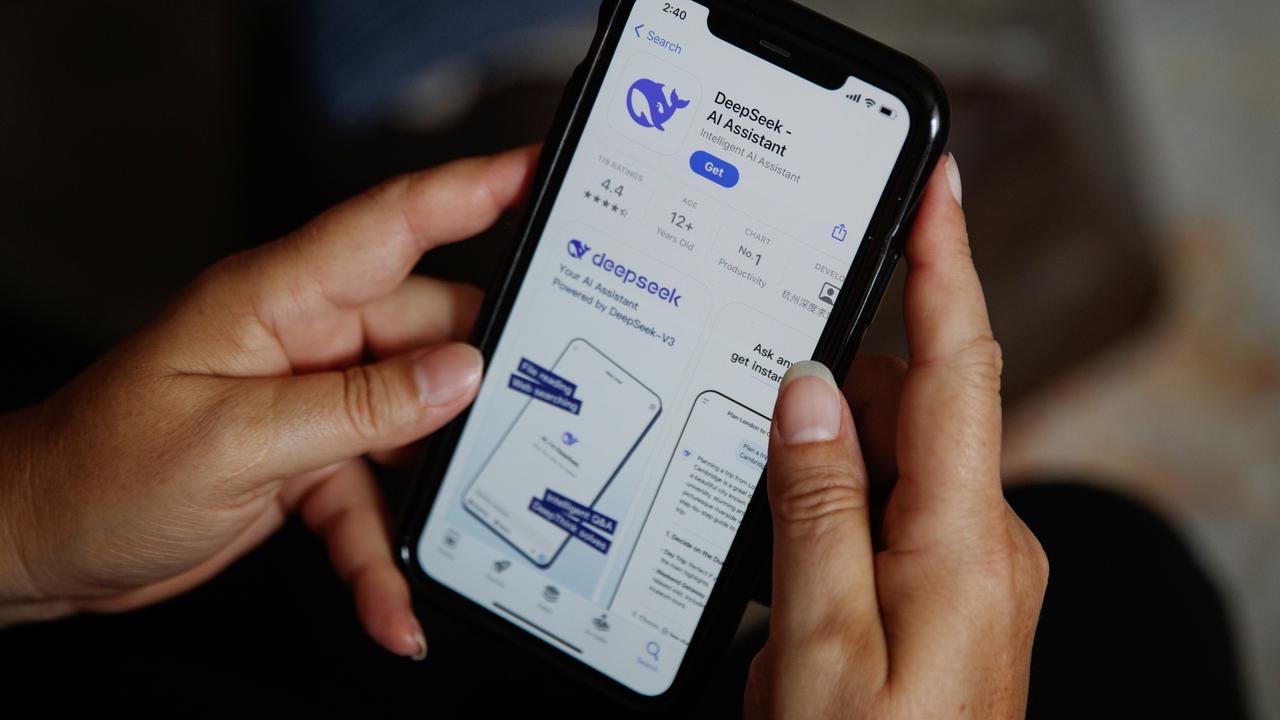Revenge porn: The world is moving on while Australia stands still
FOR MANY, it’s the ultimate betrayal, ruins reputations and causes untold harm. And Australian lawmakers are just letting it happen.

WHAT happens when a jilted lover shares a sexually-explicit photo or video of an ex? More often than not, nothing. At least not to the perpetrator.
The victim is disgraced and, sadly, often blamed for their part in revealing themselves to a trusted party but the offender is rarely punished. Not because society approves of “revenge porn” but because the legislation is struggling to catch up with technology.
The good news is that countries around the world are taking proactive steps to penalise the perpetrators and ban websites from publishing the content. Twitter even joined the fight this week.
But Australia is falling way behind. The Australian Federal Police know revenge porn exists but even they insist on victims contacting the websites concerned, according to The Australian.
Dr Nicola Henry, author of Rape justice: Beyond the realm of law, says current laws are not designed to deal with revenge porn and that more needs to be done.

Dr Henry wrote in December that “Australia’s current laws were not designed to deal with the harm caused by (the) publication and sharing of intimate images by everyday individuals”.
She said privacy laws protect individuals from companies and government departments but not from a trusted partner, ex-partner or friend. She also said state- and territory-based laws cover physical and sexual assaults but “Australia is lacking laws that recognise and respond to the sexually based violation and the ongoing harm that sharing intimate images without consent causes to victims”.
She told news.com.au this week that small steps are being taken but there’s confusion about who should take the lead.
“Whether it should be up to the states and territories or the Commonwealth is a good question. It needs to be discussed,” Dr Henry said.
“A lot of people want to argue that existing laws are sufficient but we would argue that a specific law (targeting revenge porn) is important because it has an expressive value.”
Victoria introduced two new laws late last year designed to penalise a person who “maliciously distributes internet images of another person without their consent” and “threatens to distribute internet images of another person without their consent”. The crimes are punishable by one and two years in prison respectively.
But Dr Henry said Commonwealth law, which prohibits “using a carriage service to menace, harass or cause offence”, lacks specificity.
She said it is promising that Queensland is investigating state-based laws and that others should do the same.

The UK got it right when it passed a new law banning revenge porn in England and Wales last month. The law covers images and video shared on social networking sites as well as online and via mobile phones. Scotland and Northern Ireland are looking into the issue, too.
The UK also set up the Revenge Porn Helpline for victims seeking advice and support. The group behind the initiative works with internet industry partners to “minimise the reach” of content but does not guarantee the removal of images. It offers free and confidential advice.
Individual states in the US are making moves to ban revenge porn. Texas made its move this week by introducing two new bills into its parliament, local news services reported.
Chris Kaiser, a lawyer for the Texas Association Against Sexual Assault, said: “We recognize it as an act of power and control”.
The legislation would seek to hand civil penalties to websites and a Class A misdemeanour to those who share the images or videos — which in Texas would mean a fine of up to $4000 and up to a year in jail. Texas will join 15 other states to introduce their own laws banning revenge porn if the bills pass.
New Zealand is considering changes to its Privacy Act that would mean victims would be eligible for compensation of up to $200,000.

A test case for revenge porn is before the courts in the US where Hunter Moore, once described as “the internet’s most hated man”, recently admitted to paying a man to hack websites and steal photos. Those photos were posted to his website IsAnyoneUp, accompanied by identifying details including names and addresses.
In the meantime, victims are taking on the fight themselves.
A victim named Holly Jacobs set up EndRevengePorn.org to raise money for the fight and offer advocacy on behalf of other victims.
A petition on the site has received more than 9,000 signatures so far. The website offers information to educate the public and has a donation page for the non-profit Cyber Civil Rights Initiative.
Dr Henry said the most important thing moving forward is a “multi-pronged” attack encouraging corporate responsibility, education and, most importantly, an end to victim blaming.
If you or someone you know is impacted by sexual assault or family violence, call 1800RESPECT on 1800 737 732 or visit www.1800RESPECT.org.au. In an emergency, call 000.




